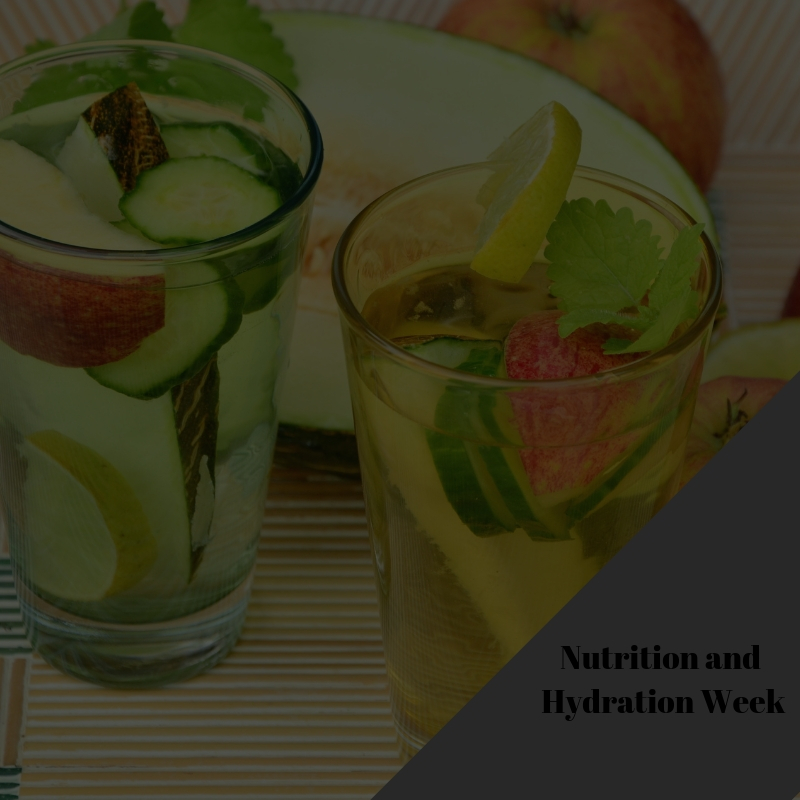Water, water everywhere – but are you drinking enough? And is your fluid intake part of a healthy and balanced diet?
Nutrition and Hydration Week is focusing on precisely this. It’s also a cornerstone of naturopathy’s preventative approach to healthcare and well-being.
Let’s consider hydration first. The human body is two thirds water. It needs it to improve the delivery of oxygen to the cells, transport nutrients, lubricate joints, hydrate the skin and regulate body temperature.
Signs of dehydration
When you feel thirsty, your body is telling you that it needs hydrating. The consequences of not drinking enough can be severe. Dehydration is one of the main causes of acute kidney damage and a common cause of constipation. It’s also associated with a two-fold increase in mortality among stroke patients.
Even mild dehydration can have an adverse effect on your mental performance, including concentration and reaction time, and you will feel more tired.
A dry mouth, lips and tongue are the common signs of dehydration. You may also feel dizzy and disorientated.
You will probably go to the toilet less. The colour of your urine is a useful indicator of hydration. If it’s pale and odourless, that’s a good sign, whereas dark and strong-smelling urine indicates dehydration.
Preventing dehydration
Ideally, you need to drink the equivalent of six to eight glasses of fluid a day to keep fully hydrated. Obviously, water is recommended as it doesn’t contain any calories but low-fat milk, tea and coffee (in moderation) are fine. Avoid drinking too much alcohol. If water seems too boring, you could give it a bit of zest with a slice of lemon or lime. Alternatively, drink sparking water.
It’s best to avoid, or at least limit, soft drinks. Most of these are high in sugar, which is bad for your teeth and your waistline.
Older people are particularly vulnerable to dehydration. This is in part due to the ageing process, including a reduced sensation of thirst and the onset of dementia. Nutrition and Hydration Week has been focusing on good practice for the elderly in hospital and social care.
If you have an elderly relative, why not take time to check that they are drinking enough.
Eating for good health
Also, as we age, it’s even more important to follow a healthy and balanced diet. Eat plenty of fruit and vegetables. In particular, choose the rainbow foods – red, yellow, green, blue and purple – which contain antioxidants. These include kidney beans, beetroot, cherries, plums and carrots.
Increasing your intake of fibre will help to clear any excess cholesterol. Limit your carbohydrates to the starchy kind: potatoes, bread, rice and pasta. Choose wholegrain options where possible.
Eat more oily fish, such as salmon, sardines and mackerel, which have an anti-inflammatory effect.
It goes without saying that you should avoid foods high in sugar, although you may allow yourself the odd treat.
By eating plenty of the right foods and drinking enough you can stay healthy for longer.

